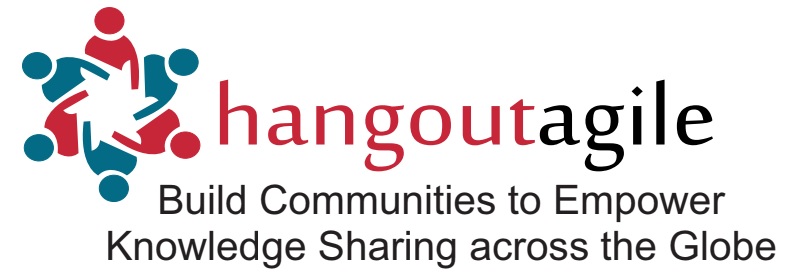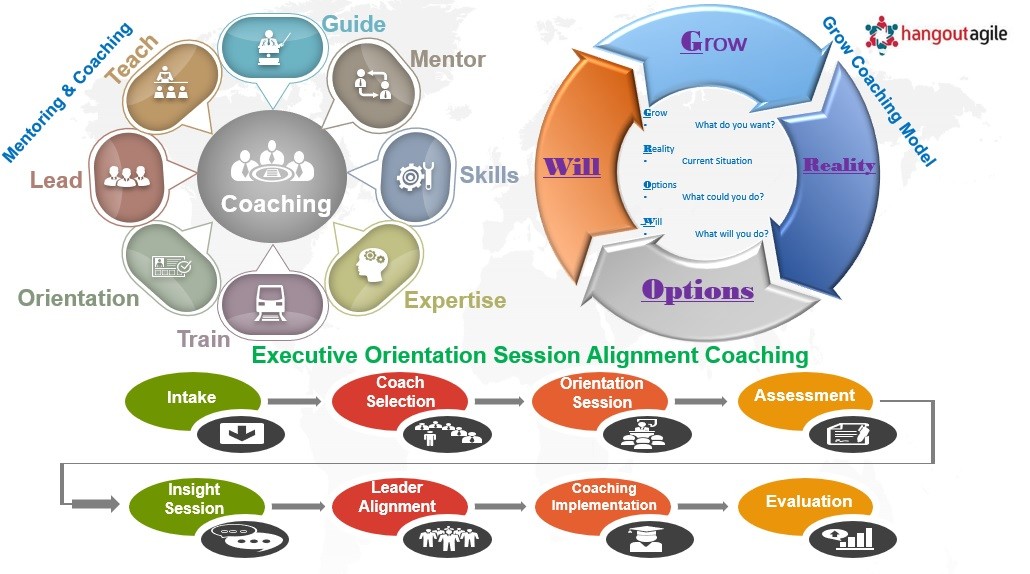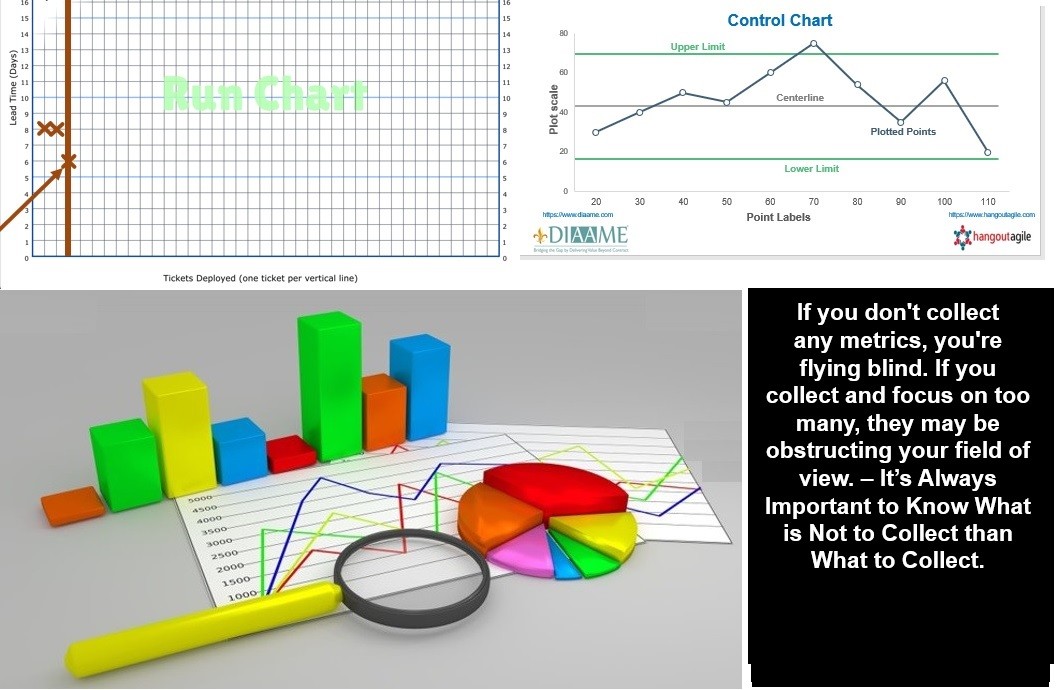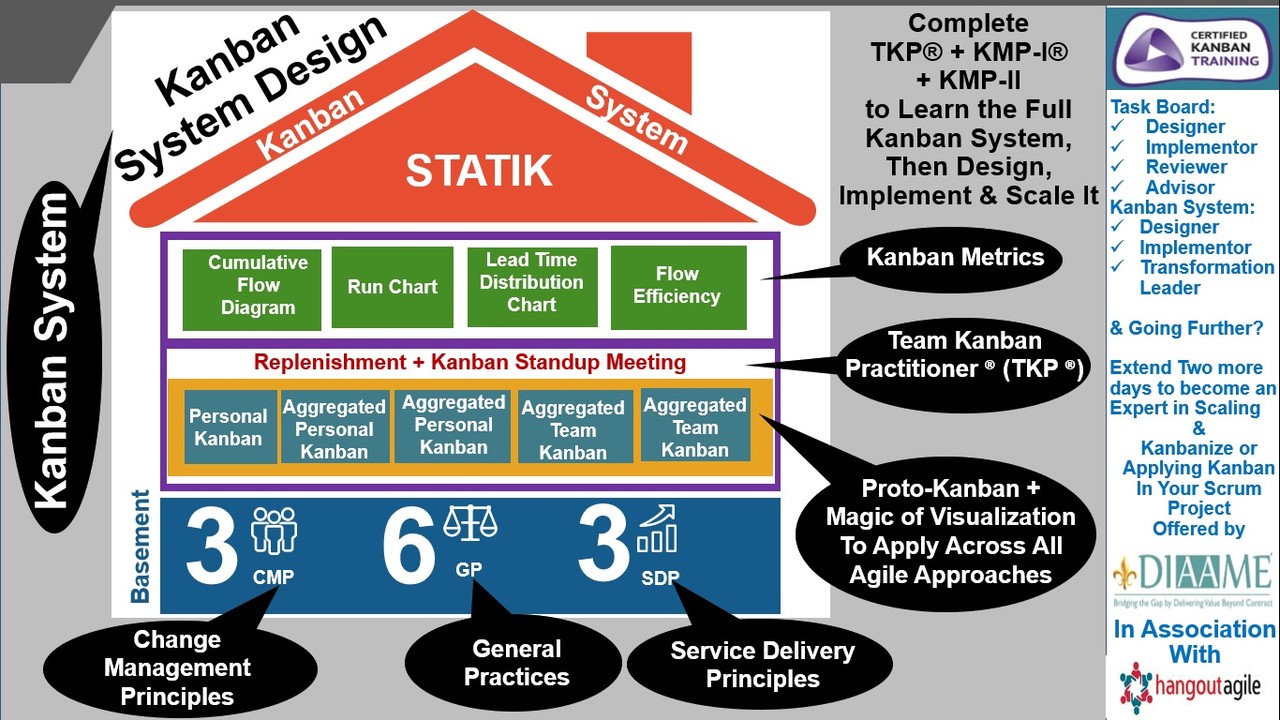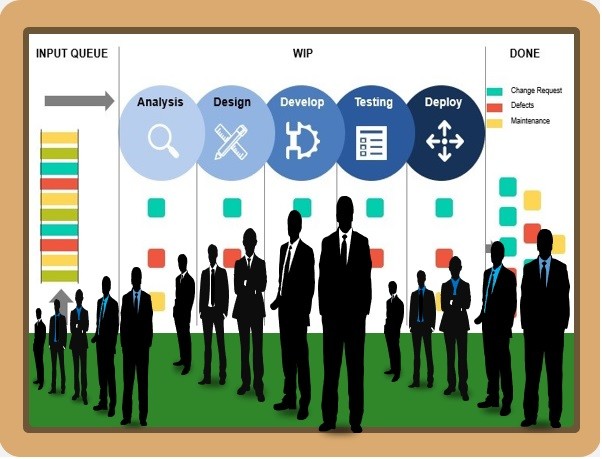||”Coaches have to watch for what they don’t want to see and listen to what they don’t want to hear”||
Opening Thoughts
In My Opinion, Coaching can take lots of different forms., from onetime conversations for a quick advice to ongoing exploration that span week or months. It is a path of Life long learning. It seems I never stop refining my coaching skills.
You cannot teach a man anything. You can only help him discover it within himself
Let it be any skills. When You try to Improve or to go to the Next Level of Excellence, It is essential to know where you stand. I am sure that answering these questions can help you to Identify Where you stand as a “Professional Coach.”
Please feel free to like and comment (Yes or Interested) this Article If you want to receive the answers of any one of the below questions as part of your Baseline Knowledge Assessment of Coaching Skill.
Question # – 1
Which of the following Statements is a FALSE description of what coaching is?
a. Coaching is guiding someone towards his or her goals.
b. Coaching is a means of learning and developing.
c. Coaching is an opportunity to correct someone’s behaviors or actions
Question # – 2
Because coaching is based on mutual agreement, it is not always an appropriate strategy. Which of the following situations requires direct intervention, rather than coaching?
a. While reporting on a meeting, one of your direct reports seems nervous about delivering bad news.
b. A customer you have worked with previously tells you that your direct report couldn’t answer some product questions.
c. You overhear a direct report promising a customer something that is not available.
Question # – 3
When should coaching take place?
a. As the need arises.
b. Formally yearly; informally quarterly.
c. At least once a quarter.
Question # – 4
When is it more appropriate to use an open-ended question than a close-ended question?
a. When you are focusing on the response or confirming what has been said.
b. When you are exploring alternatives or uncovering attitudes or needs.
Question # – 5
While you are conducting a coaching session, which of the following guidelines is FALSE?
a. Generate alternatives – focus the coaching on at least three coaching topic alternatives.
b. Focus on behavior – not character, attitude, or personality.
c. Be specific. Avoid generalization.
Question # – 6
What might happen if you over-rely on using questions or inquiry as a coaching strategy?
a. The coachee may begin to withhold important information and perspectives.
b. You may not have an opportunity to express your ideas adequately.
c. You may limit the elaboration of different options.
Question # – 7
During the coaching process, when, as a coach, should you provide feedback?
a. Only after all views have been discussed.
b. At the End of Each Coaching Session.
c. Early and often.
Question # – 8
Which coaching style might be most appropriate for explaining a business strategy to a new employee?
a. Supportive
b. Authoritative
c. Direct
Question # – 9
For what group of individuals is supportive coaching especially important?
a. Individuals who do not meet current standards of performance and who are anxious about their performance.
b. Individuals who meet current performance standards and who need to prepare to take on new or greater responsibilities.
c. Individuals who need instruction about how to complete an assignment they have not attempted before.
Question # – 10
What is the most important aspect of effective coaching?
a. Gaining trust.
b. Listening actively.
c. Choosing the most appropriate coaching style.
Closing thoughts:
As I said in the beginning, Coaching is a path of Life long learning. It seems I never stop refining my coaching skills. Each Coaching Assignment or Sessions are new learning for me as well. Because every Individual is Unique with different strength and weaknesses.
We use many Scientific Methods & Techniques for Assessing Where You Stand & Defining the Next Milestones. This Cycle Continues based on the area that you specifically wanted to Improve Your Coaching Skills.
Please feel free to like and comment (Yes or Interested) the Article If you would like to receive the answers of any of the above questions as part of your Baseline Knowledge Assessment of Coaching Skill.
Are you Playing the Role of an Agile Coach or Interacting with Scrum Masters, Product Owners, Product Managers, Project Managers, Program Managers, Delivery Managers, PMO Leaders, Change Transformation Leaders, Agile Transformation Leaders & Team Members? Completing TKP® & KMP® is going to make you more effective by empowering teams in faster delivery, maximizing Agility, Making the delivery more predictable. To Register or get more details. WhatsApp to +91 702 538 1111 or Calling +91 914 802 6666
Are You Curious to know the coverage of TKP®, KMP1® & KMP2®?
- Kanban Taskboard Implementation/Review (TKP®)
- Deep Learning of Visualization (TKP®)
- Choose/Suggest right board for Team following Scrum, Kanban, SCRUMBAN, SAFe or Any other Agile Approaches (TKP®)
- To become a Taskboard Implementer/Reviewer across the Scrum, Kanban, SCRUMBAN, SAFe or Any different Agile Approaches (TKP®)
- Visualization – Simulation (TKP®)
- Design & Implement a Project using Lean Principles, Kanban Method & Agile Practices (KMP-I®)
- Kanban Simulation Game (KMP-I®)
- Kanban Metrics (KMP-I®)
- System Thinking Approach to Implement Kanban (STATIK) (KMP-I®)
- Kanban Cadences (KMP-I® & KMP-II®)
- Kanbanize Any of the Projects/Program/Portfolio following Agile or Waterfall Method (KMP-I® & KMP-II®)
- System Thinking Approach to Implement Kanban (KMP-I® & KMP-II®)
- SCRUMBAN or Scrum to Kanban or Kanbanize Scrum Projects (KMP-II®)
- Scaling Kanban (KMP-II®)
- Apply/Using Kanban at Enterprise Level (KMP-II®)
